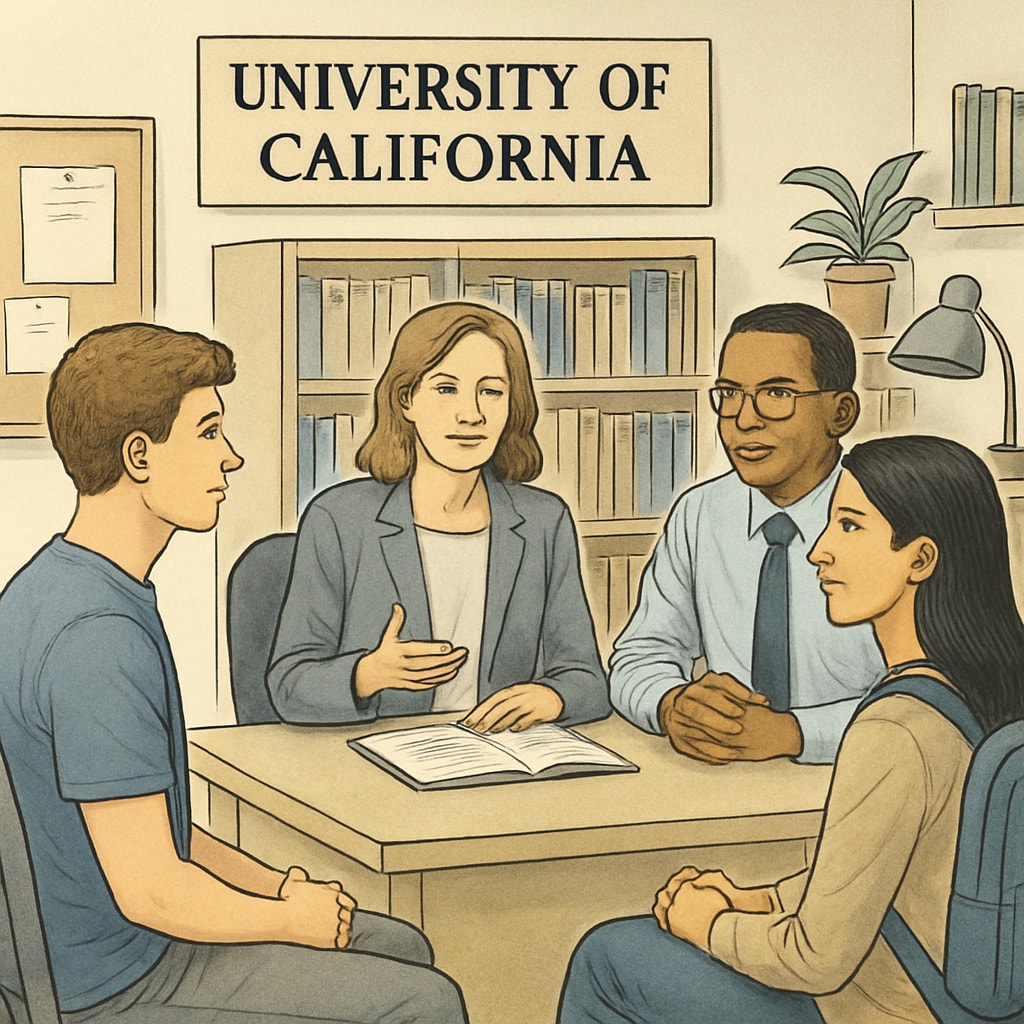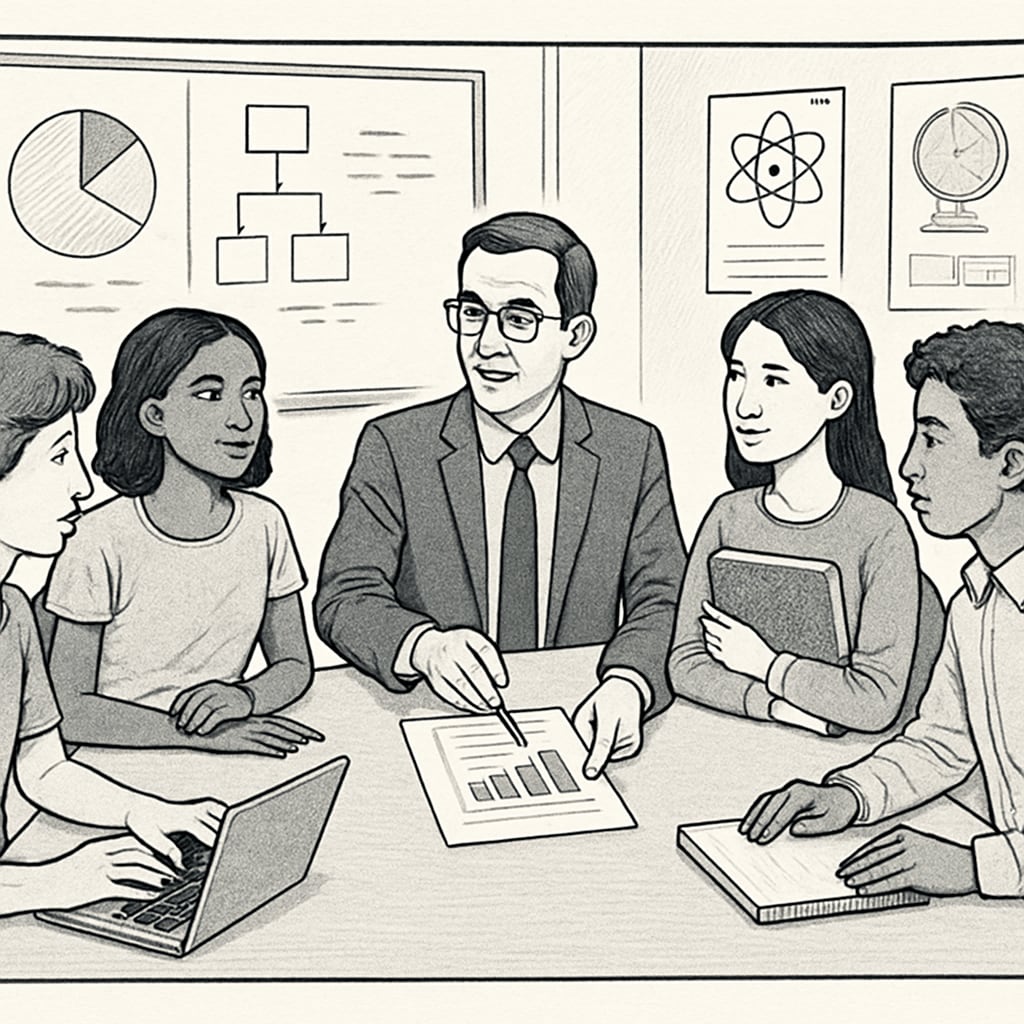When it comes to preparing young students for higher education, utilizing the right resources can make all the difference. Consulting University of California (UC) employees can be a pivotal step in helping K-12 students navigate their academic futures. Whether addressing questions about admissions, career pathways, or student life, these consultations provide valuable insights. In this article, we dive into effective strategies for finding and leveraging UC consultation resources to support students’ academic planning.
Why Consult University of California Employees?
University of California staff possess a wealth of knowledge about the higher education landscape. They can provide tailored advice based on a student’s unique situation, including academic interests, extracurricular involvement, and long-term goals. Engaging with these professionals can clarify complex topics such as:
- College admissions requirements
- Financial aid options and scholarships
- Potential career pathways linked to UC programs
- Campus culture and student support services
For example, a discussion about academic prerequisites for a specific program can help students focus their efforts during high school. Similarly, exploring internship opportunities available through UC can give students an edge in their future careers.

Finding the Right Consultation Resources
To make the most of these opportunities, it’s important to know where to look. Here are some actionable tips for finding the right UC consultation resources:
- Start with the official website: Each UC campus has a dedicated website offering resources for prospective students. These sites often include contact information for academic advisors and outreach programs.
- Attend outreach events: Many UC campuses host events for K-12 students, such as open houses, campus tours, and virtual Q&A sessions.
- Leverage school counselors: High school counselors often have connections with UC representatives and can facilitate introductions.
- Explore specialized programs: Programs like UC’s Early Academic Outreach Program (EAOP) are designed to help underrepresented students prepare for college.
By combining these resources, families can create a comprehensive support network for their students.
Maximizing These Opportunities
Once you’ve identified the right resources, it’s crucial to make the most of every interaction. Here are some practical steps to ensure meaningful consultations:
- Prepare specific questions: Before meeting with UC employees, create a list of questions tailored to your needs. For instance, inquire about the competitiveness of a specific major or what extracurriculars are most valued.
- Take notes: Document all key takeaways during the consultation. This will help you reference important information later.
- Follow up: If the UC employee provides additional resources or contacts, make sure to follow up promptly. Building a relationship can lead to further guidance.
- Encourage student involvement: Empower K-12 students to actively participate in these consultations to build their confidence and decision-making skills.
In addition, consider scheduling periodic consultations as a student progresses through their academic journey. Needs and questions will evolve over time, and regular check-ins ensure ongoing support.

The Long-Term Impact of Early Planning
Engaging with University of California employees early on can have a profound impact on a student’s academic trajectory. By addressing questions about admissions, career opportunities, and campus life, students can approach their college applications with confidence. Furthermore, these interactions introduce students to a wealth of resources they may not have otherwise discovered.
For example, understanding the job placement rates of specific programs can help students align their interests with market demands. Similarly, learning about scholarship opportunities can alleviate financial concerns, making higher education more accessible.
In the long term, these consultations foster a sense of preparedness, ensuring that students are not only admitted to a UC campus but thrive during their time there and beyond.
In conclusion: Connecting with University of California employees is an invaluable step in shaping a K-12 student’s academic future. By seeking out the right resources, preparing effectively, and maintaining an ongoing relationship, families can help students make informed decisions that bridge the gap between high school and college.


